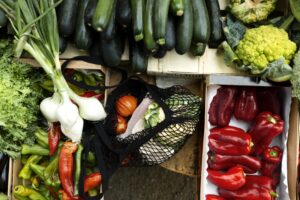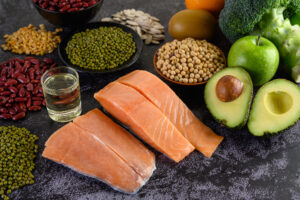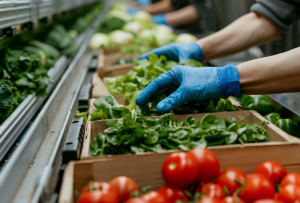Alerts & What’s Trending
10 Ways Procurement Technology Reduces Rising Costs in Foodservice
5 Proven Strategies to Combat Rising Food Costs with InsideTrack
Stop Guessing: Optimize Your Supply Chain to Overcome Rising Costs
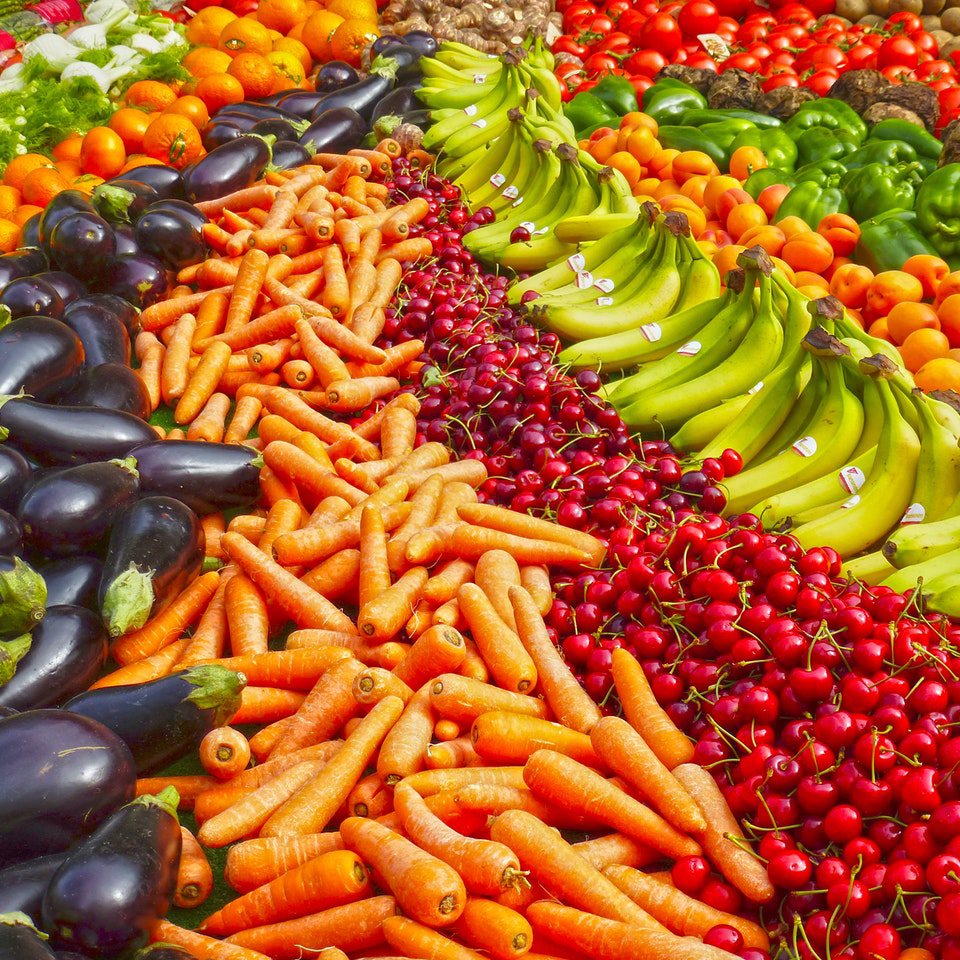
Produce
Iceberg lettuce prices climbed another 24% last week amid ongoing crop transitions and yield concerns, defying typical seasonal trends as prices remain elevated. Roma tomatoes rose 5.2%, reaching their highest level since January, driven by Mexican growers transitioning between regions, though this aligns with usual seasonal patterns. Meanwhile, green tomatoes saw a slight price decline—the first since September—following disruptions caused by recent hurricanes in the Eastern U.S.

Grains
Grain markets were quiet last week, with soybean oil (SBO) taking a sharp 7% drop due to a collapse in palm oil prices following reports of unexpectedly high September carryout in Indonesia. SBO prices are now trending near October lows despite strong export sales to India, though weaker soybean prices and speculation of slower demand may be contributing to the selloff. Corn and soybean export sales remain solid, but market skepticism persists, with traders anticipating a slowdown as Brazil’s harvest begins in January.

Dairy
The dairy market was mixed last week, with butter prices declining $0.05 to $2.55/lb due to reduced production capacity and light foodservice demand, while cheese prices edged up slightly to $1.68/lb for both blocks and barrels. Retail cheese demand was sharply higher, supported by increased promotions, though foodservice demand remained slow. Fluid milk volumes stayed tight despite seasonally increasing outputs in some regions, while nonfat dry milk fell to $1.38/lb, and Class II cream dropped 2.3%. A winter storm in the Midwest and East could impact milk production and logistics in the coming week.

Beef
Beef production declined 2% week-over-week and 1.8% year-over-year due to reduced harvest volumes, despite heavier steer weights. The choice cutout rose 1% to $306.80/cwt, with boneless ribeyes reaching a record high of $13.93/lb, while select cuts dropped 1%. Ribs and tenderloins saw strong price gains as holiday demand ramps up, while end cuts like chuck rolls and bottom rounds showed mixed movement. Ground beef 81% increased 3% to $2.42/lb, and trim prices remained mostly stable.
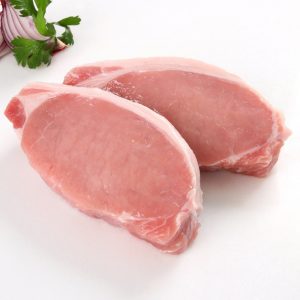
Pork
Pork production increased 1.3% last week to 563.4 million pounds, though the cutout value declined by 1% to $93.07/cwt, driven by significant drops in picnics (down 15%) and pork trim prices. Boneless pork loin prices rose 5% to $1.42/lb, while other cuts like tenderloins remained flat and spareribs edged lower. Trim segments showed notable weakness, with 42% trim down 10% to $0.43/lb and 72% trim dropping 7% to $0.79/lb, reflecting softer demand in these areas.

Poultry
Chicken production rose 3.3% year-over-year, supported by increased harvest numbers and slightly heavier bird weights, though retail focus shifted toward turkeys. Prices for key chicken cuts were mostly flat or slightly lower, with boneless/skinless breasts down to $1.47/lb and tenderloins steady at $1.67/lb but down 10% month-over-month. Chicken wings held at $1.89/lb, while boneless/skinless thigh meat dropped 1% to $1.60/lb. In the turkey market, whole turkeys fell 1%, and breast meat declined 6% as Thanksgiving demand levels off.

Seafood
Fresh yellowfin tuna prices declined 2.2% in September, marking a three-month losing streak as prices normalize after a sharp rise earlier this year. Seasonal trends suggest prices will likely continue to drop through November before bottoming out, followed by a potential peak in January, consistent with historical patterns. Any price strength in early 2025 is expected to be short-lived, as yellowfin typically reaches its yearly low between April and May.

